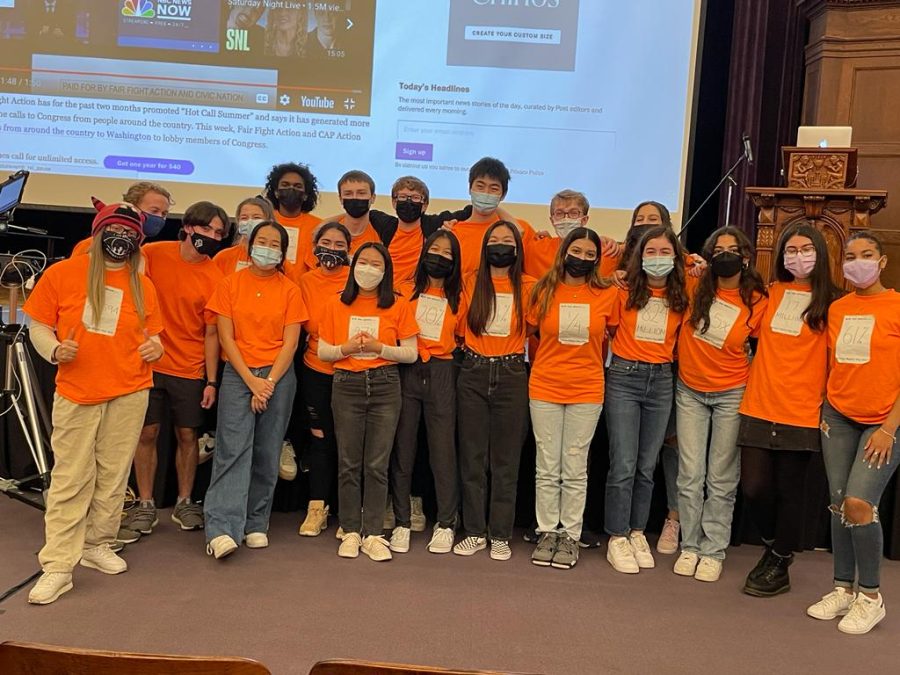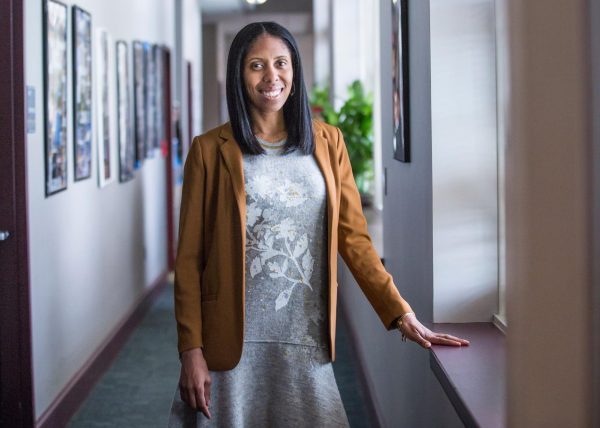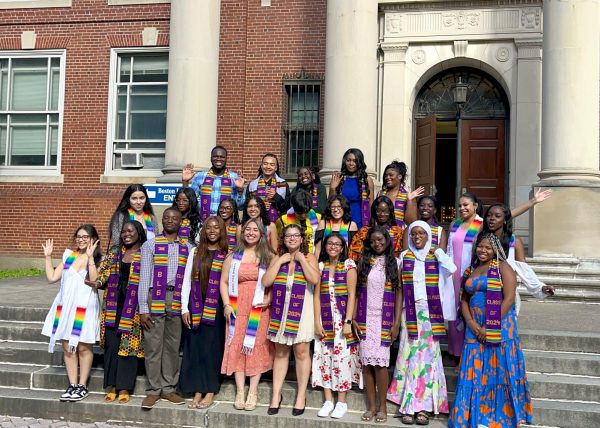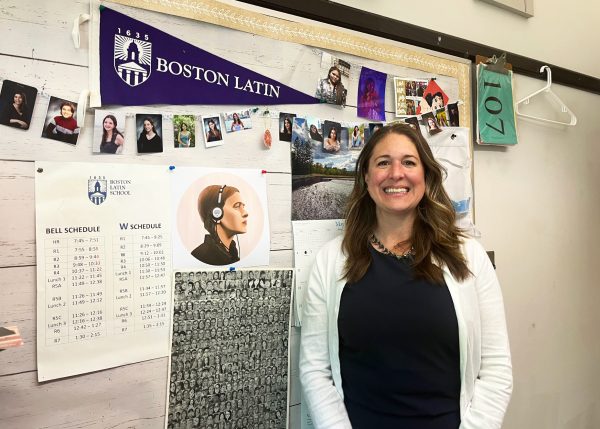Topol Fellows Advocate for Nuclear Nonviolence
On December 8, 2021, Boston Latin School Topol Fellows for Peace and Nonviolence, in partnership with Nobel Laureate Dr. Ira Helfand, proposed the Back from the Brink resolution to the Boston City Council. This resolution, which passed unanimously, calls upon federal leaders to make nuclear disarmament the centerpiece of the United States’ national security policy.
The resolution aims to terminate first-use, which allows the U.S. to fire nuclear weapons only if another state has already done so against them. The campaign also proposes the elimination of the president’s sole nuclear launch authority as well as the U.S.’ hair-trigger alert, which could launch 400 nuclear weapons in a matter of minutes.
These objectives were outlined this past November on Human Rights Day, an annual day of presentations at BLS organized by the Topol Fellows. The Topol Fellowship, sponsored by alumnus Sidney Topol (‘41), is a program composed of BLS seniors whose goal is to bring awareness to peace and non-violence efforts.
Topol Fellow Jack Trapanick (I) collaborated with Dr. Helfand in a presentation titled “The Other Existential Threat: The Growing Threat of Nuclear War and What We Can Do About It.” Dr. Helfand, who has published studies on the medical consequences of nuclear war in journals such as The New England Journal of Medicine and the World Medical Journal, exposed the audience to the impact of nuclear proliferation. He began his presentation by explaining the radiation and effect a nuclear attack would have on the human body, as well as the nuclear winter and crop failure it could cause.
“Hearing this was surprising because this was the first time hearing about the topic of nuclear war. Dr. Helfand’s presentation really called for urgency [regarding] this issue,” says Isabella Guthrie (III), an audience member at Human Rights Day.
After wrapping up their presentation with a Q & A session, Dr. Helfand and Trapanick encouraged students in the audience to sign a petition that would be presented to the City Council as a supplement to the Back from the Brink resolution.
Other measures were taken in order to collect more signatures and increase awareness for those who were not able to attend. Topol Fellow Emmanuelle Bogomolni (I) says, “One of our Fellows created an infographic regarding the overarching issue, which we shared through social media platforms.” In the end, the petition received over 300 signatures, and it was referenced during the City Council meeting.
The biggest challenge for the campaign was getting the attention of the Boston City Council. Dr. Helfand says, “The reaction that we got from almost all of them was they thought this resolution was important, but they were too busy with other issues to be the person who would champion the resolution and bring it forward.”
In an attempt to spark interest in the issue, the Back from the Brink organization put together an open letter to President Joe Biden that addressed their objectives. After asking individual members of the City Council to sign the letter, the campaign received support from six out of the 13 members.
In November 2021, Councilor Liz Breadon, who demonstrated increased interest in the cause after reading the letter and seeing the student signatures, introduced the resolution to the City Council. Two weeks later, it was passed unanimously, and each member of the council joined as a co-sponsor.
The Back from the Brink resolution is part of a larger nationwide campaign called Back from the Brink: The Call to Prevent Nuclear War. The campaign was first formed in 2017 through the Union of Concerned Scientists and Physicians for Social Responsibility with the ultimate goal of eliminating nuclear weapons.
Given that one of the next steps of Back from the Brink is to pursue a resolution at the state legislature, support from Boston City Council had a significant impact on raising the profile of the resolution as well as the issue of nuclear weapons as a whole.
When asked about the Topol Fellows’ contributions to this vote, BLS history teacher Mr. Andy Zou says, “It’s really good for young people to have these conversations, because at some point, you will be the leaders in this world, and we can really again denuclearize […] for a more peaceful world.”






